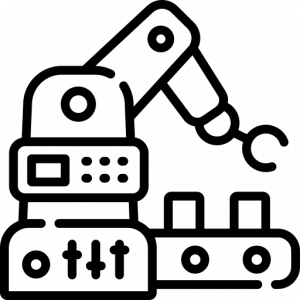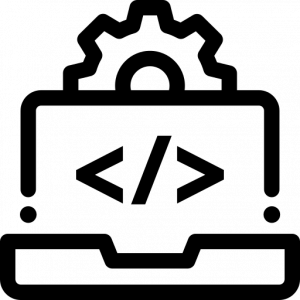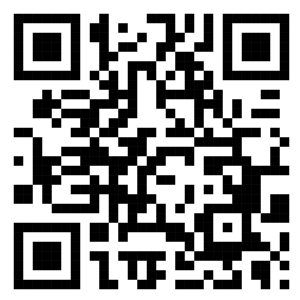Lean Six Sigma In Telecommunication Industry
Who we are
Every sector needs to meet certain standards and customer expectations on quality, and this is specifically true for the telecommunications industry. This industry is becoming so competitive with thin margins that if a company fails to meet the expectations of its customers, it will directly impact the company’s sales and reputation.
It is not enough to simply provide your services to the customer. You need to do this in the most efficient way. To gain an edge over your competition you need to improve your efficiency, reduce defects, reduce errors, increase customer satisfaction, and yet increase profits.
Benefits of Lean Six Sigma in telecommunications.
Some of the projects where Lean Six Sigma can be used are-
- Reducing Billing Errors, Timeliness of Billing.
- Reducing complaints resolution time
- Increasing circle market share
- Improving the Call Completion Ratio, which is a result of Network Quality.
- Timeliness and Quality of New Schemes that are launched from time to time
- Improving ARPU (Average revenue per unit)
- Reducing Customer Churn
- Improving Sales Productivity
Benefits of Lean Six Sigma
In the telecom industry, Lean Six Sigma can be instrumental in identifying issues on time. By implementing Lean Six Sigma your company can use fewer resources, cut down on waste and make positive improvements and finally lead to an increase in profits.
Case Study-
Problem 1: In a telecom company, the order error rate for order provisioning campaigns was 20%. The trained Black Belts took up the Lean Six Sigma black belt project and they used the DMAIC methodology of Define, Measure, Analyse, Improve, and Control. Cause and effect diagrams were used to brainstorm on all the potential causes and the Pareto analysis is the 80:20 principle narrowed down the causes to a vital few which were –
- incorrect code assignment
- duplicate orders
- incompatible orders accepted
- order entry errors
- code errors
These causes were validated using boxplots, scatterplots, and hypothesis tests. Use of FMEA which is a method of taking preventive actions so that you don’t commit an error, along with brainstorming techniques like 6 3 5 successfully brought down the order error rate to just 0.5%. This saved $10 million for the company and reduced customer complaints by 90%. The telecom company has sustained these improvements over the last 5 years using control charts.
Problem 2:
A mobile services provider in Europe and the middle east faced an issue of Value-added Services (VAS) reversal in prepaid connections. The DMAIC project was undertaken by trained Black Belts. Root cause analysis and hypothesis test revealed customer service agents were erroneously de-activating value-adding services while providing customer service. Poka-Yoke was utilized to prevent such mistakes. A 5 Whys diagram was used where we ask WHY 5 times to get to the root causes. FMEA was used to find out the possible causes of such failure modes in the entire range of customer service activities. Round Robin’s brainstorming generated many ideas to bring inadvertent errors down. Additional audits were initiated to prevent manual errors which were difficult to eliminate. The change in VAS service was made impossible without the customer’s recorded concurrence. As 100% recording was initiated, each case became verifiable and led to increased consciousness among agents. Reduction in VAS reversal complaints led to not only an additional revenue of $5 million but also resulted in higher customer experience which contributed to an increase in market share of the company to make it number 1 in the region.
Lean Six Sigma in various industries
Other Related Courses

Lean Six Sigma Green Belt
Experience the true power of Lean Six Sigma Green Belt with Anexas!
4.7
(35,000)
(35,000+ students enrolled)

Lean Six Sigma Black Belt
Experience the true power of Lean Six Sigma Black Belt with Anexas!
4.7
(25,000)
(25,000+ students enrolled)

Lean Six Sigma Master Black Belt
Experience the true power of Lean Six Sigma Master Black Belt with Anexas!
4.7
(30,000)
(25,000+ students enrolled)

PMP Certification Course
Experience the true power of PMP Course with Anexas!
4.7
(25,000)
(25,000+ students enrolled)

CPHQ Certification Course
Experience the true power of CPHQ Course with Anexas!
4.7
(25,000)
(25,000+ students enrolled)
Power BI Certification Course
Experience the true power of Power BI Course with Anexas!
4.7
(15,000)
(15,000+ students enrolled)






